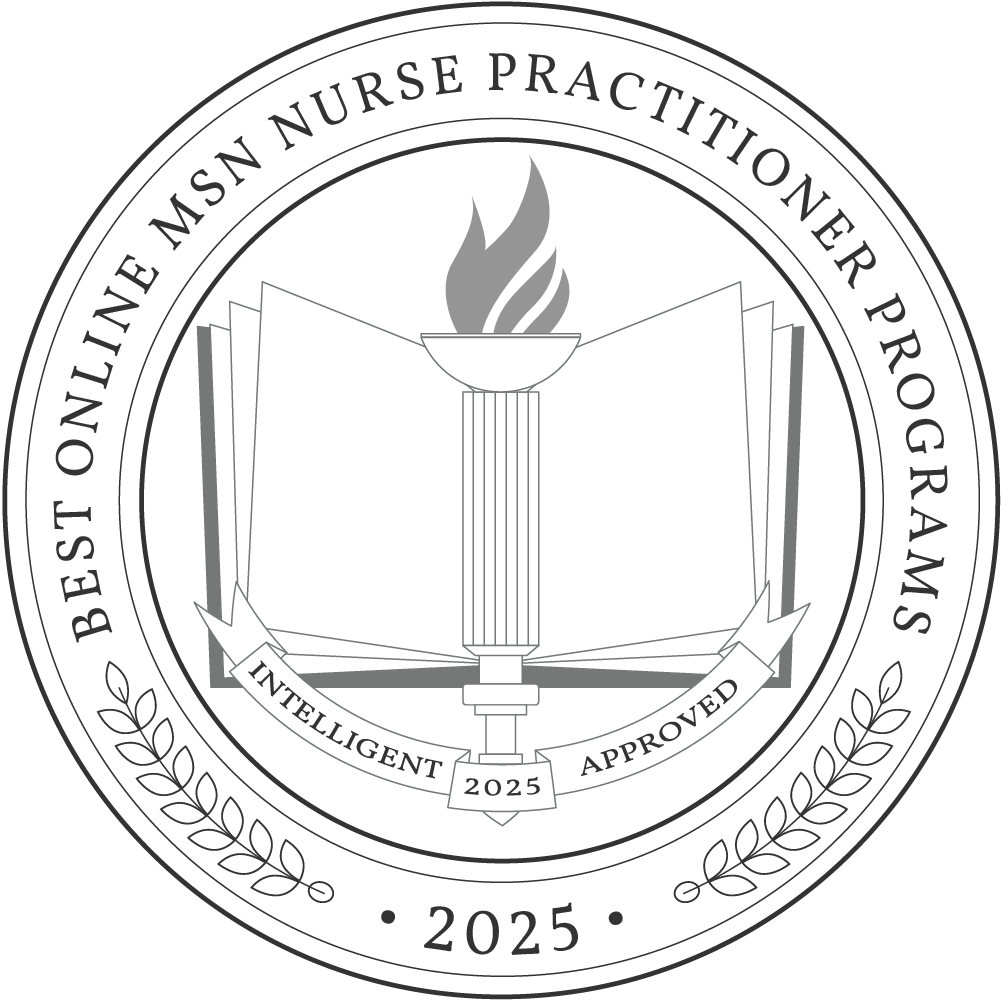Nurse practitioners, renowned for their expansive care roles, rank among the most sought-after and well-compensated healthcare professionals. They earn a median salary of $129,480, and this occupation is expected to grow by a remarkable 38% over the next decade. Obtaining a graduate degree online is a flexible way to access this particularly rewarding career path.
Here, we’ve compiled a list of the best online programs nationwide, with annual tuition prices averaging $20,513. These programs can be completed in two to three years with full-time study.
Why You Should Trust
The Intelligent.com Higher Education Team is dedicated to providing students with independent, equitable school and program rankings and well-researched resources. Our expert-driven articles cover topics related to online colleges and programs, paying for school, and career outlooks. We use data from the U.S. Department of Education’s College Scorecard, the National Center for Education Statistics, and other reputable educational and professional organizations. Our academic advisory team reviews content and verifies accuracy throughout the year for the most current information. Partnerships do not influence rankings or editorial decisions.
- Analyzed over 2,000 national, accredited, and nonprofit colleges and universities
- 800+ rankings pages are reviewed and updated yearly
- Content is informed by reputable sources, surveys, and interviews with academic advisors and other experts
- Over 100 data points are reviewed for accuracy and quality throughout the year, including sources
How we rank schools
Our list features the best online MSN Nurse Practitioner degree programs at top colleges nationwide. Each school featured is a nonprofit, accredited institution — either public or private — with a high standard of academic quality for post-secondary institutions.
We evaluated each school’s program on tuition costs, admission, retention and graduation rates, faculty, reputation, and the student resources provided for online students. We collected data from trusted sources like the National Center for Education Statistics, individual school and program websites, school admissions counselors, and other data sources. Then, we calculated the Intelligent Score on a scale of 0 to 100 based on the following criterion:
Academic Quality:
- Admission rate versus enrollment rate
- Retention rate of students who return after year one
- Accreditation status (regional and programmatic)
- Nonprofit status, both private and public institutions
Graduation Rate
- Overall graduation rate
- Total number of currently enrolled students, including diversity metrics
- Student-to-faculty ratio
Cost and ROI
- In-state and out-of-state per-credit tuition rates and fees
- Required credits to graduate
- Earning potential after graduation
- Availability of federal student loans, scholarships, and other financial aid options
Student Resources
- Available student services for online-only and hybrid programs
- On-campus amenities like tutoring centers and the number of libraries
Read more about our ranking methodology.
Best 41 Accredited Online MSN Nurse Practitioner Programs
FiltersInstitution Type
Status
- Intelligent Score
- Alphabetically By University Name
- Acceptance Rate
- Enrollment
- In-state Graduate Tuition
- Out-of-state Graduate Tuition
- In-state Undergraduate Tuition
- Out-of-state Undergraduate Tuition

Maryville University
Intelligent Score: 99.14In-state: $24,766
Out-of-state: $24,766
In-state: $14,346
Out-of-state: $14,346
SAT: N/A
ACT: N/A
$863
Online
Commission on Collegiate Nursing Education
47
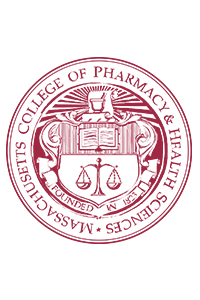
Massachusetts College of Pharmacy and Health Sciences
Intelligent Score: 99.08In-state: $39,240
Out-of-state: $39,240
In-state: $47,520
Out-of-state: $47,520
SAT: 1090-1370
ACT: 25-31
$1,160
Online
Commission on Collegiate Nursing Education
42
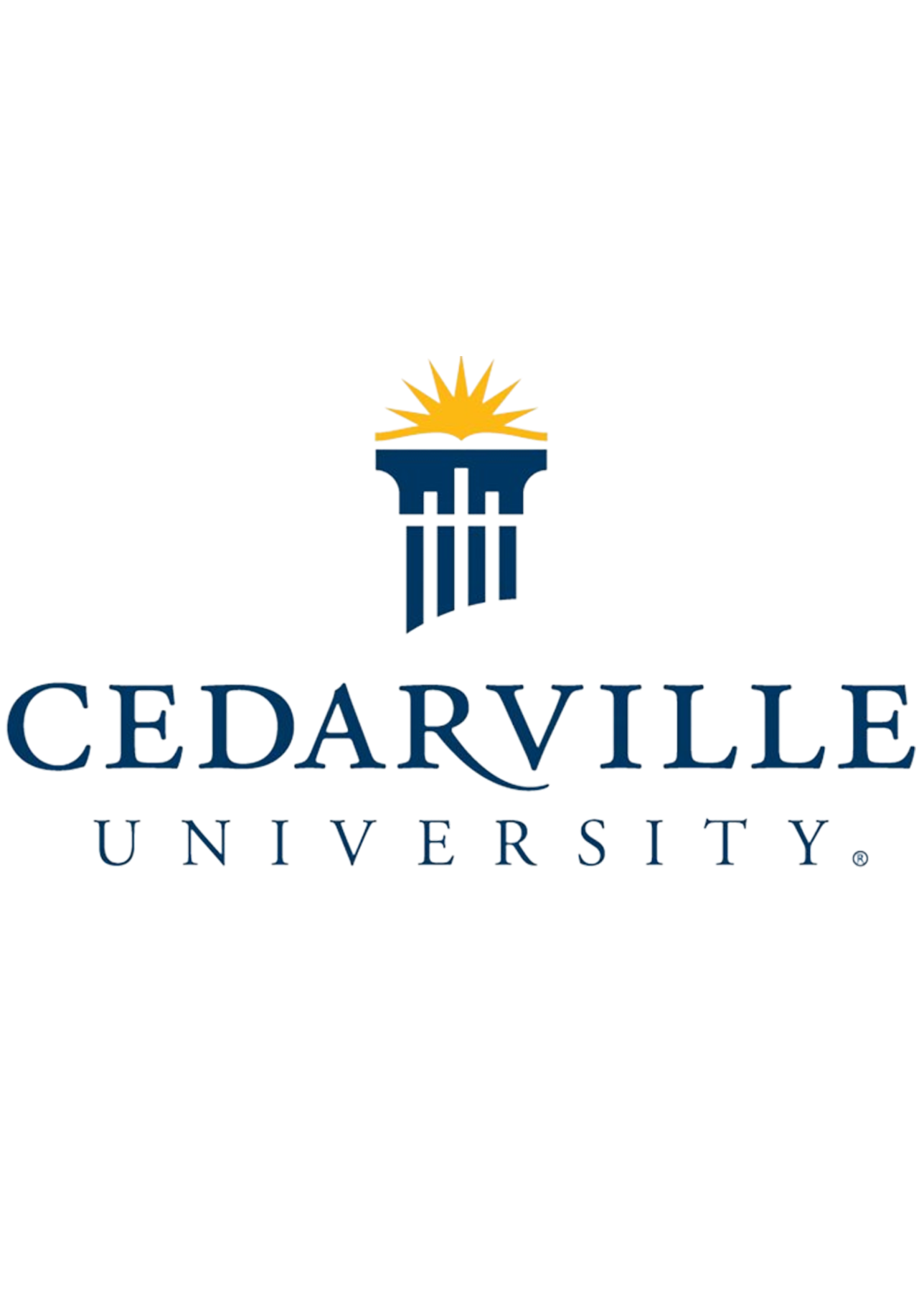
Cedarville University
Intelligent Score: 98.61In-state: $32,364
Out-of-state: $32,364
In-state: $9,065
Out-of-state: $9,065
SAT: 1110-1350
ACT: 23-30
$707
Online
Commission on Collegiate Nursing Education
45-48
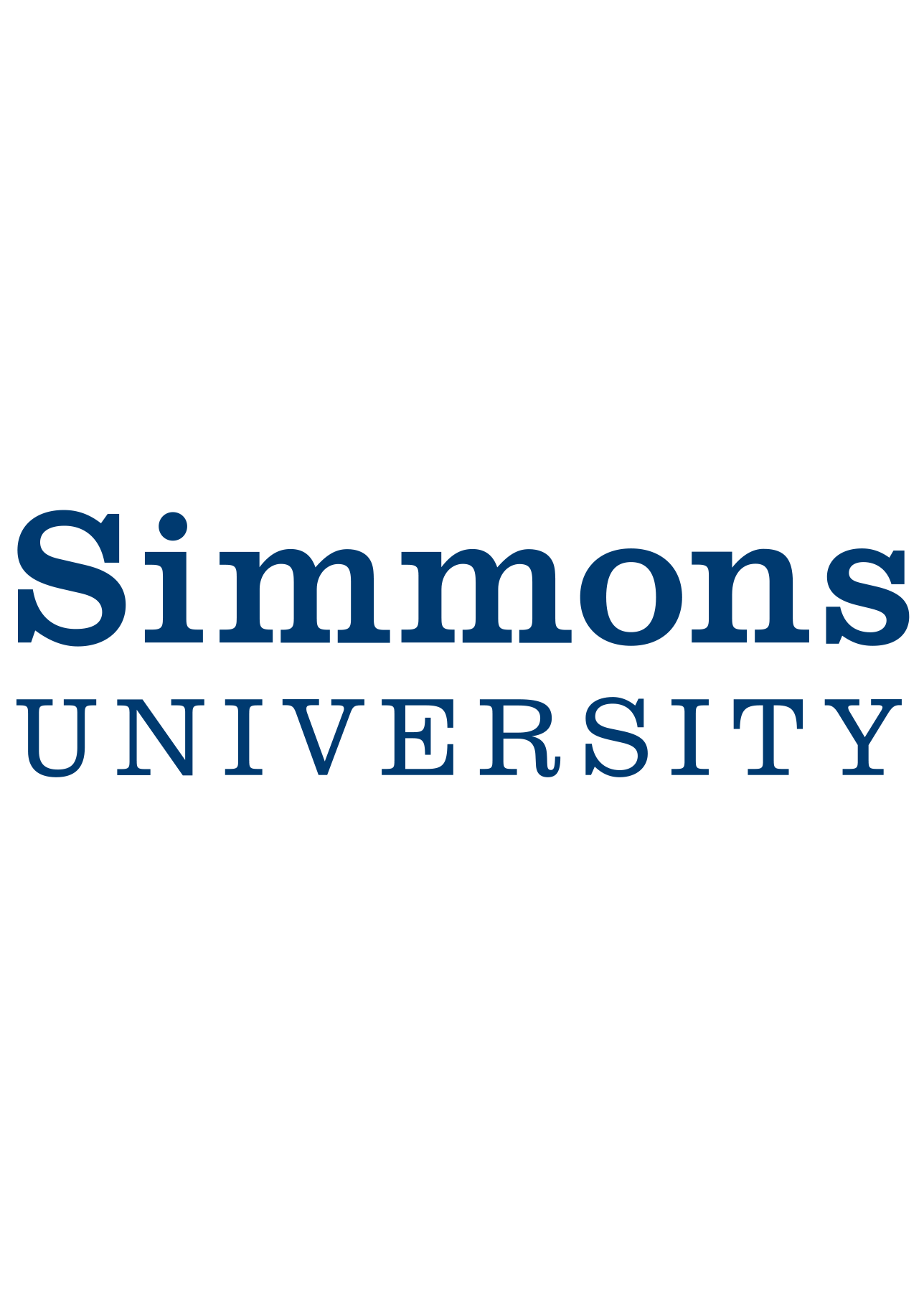
Simmons University
Intelligent Score: 98.44In-state: $40,850
Out-of-state: $40,850
In-state: $21,528
Out-of-state: $21,528
SAT: 1060-1250
ACT: 24-29
$1,235
Online
Commission on Collegiate Nursing Education
48

Ohio State University
Intelligent Score: 98.18In-state: $10,615
Out-of-state: $32,599
In-state: $11,560
Out-of-state: $11,560
SAT: 1210-1430
ACT: 26-32
$973
Hybrid
Commission on Collegiate Nursing Education
60-64

Samuel Merritt University
Intelligent Score: 97.92In-state: $31,625
Out-of-state: $31,625
In-state: $41,375
Out-of-state: $41,375
SAT: N/A
ACT: N/A
$1,654
Online
Commission on Collegiate Nursing Education
49
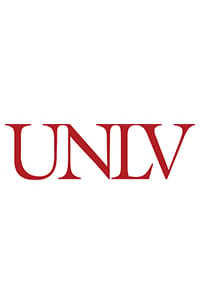
University of Nevada, Las Vegas
Intelligent Score: 97.37In-state: $25,749
Out-of-state: $42,291
In-state: $36,629
Out-of-state: $36,629
SAT: 1000-1220
ACT: 18-24
$344
Online
Commission on Collegiate Nursing Education
46

Georgetown University
Intelligent Score: 96.17In-state: $57,384
Out-of-state: $57,384
In-state: $53,136
Out-of-state: $53,136
SAT: 1380-1550
ACT: 31-35
$2,550
Online
Commission on Collegiate Nursing Education
40-49

Mount Carmel College of Nursing
Intelligent Score: 95.5In-state: $37,696
Out-of-state: $37,696
In-state: $27,076
Out-of-state: $27,076
SAT: 1010-1140
ACT: 16-18
$955
Online
Commission on Collegiate Nursing Education
46-48

Duquesne University
Intelligent Score: 94.89In-state: $41,892
Out-of-state: $41,892
In-state: $24,048
Out-of-state: $24,048
SAT: 1120-1270
ACT: 23-28
$1,699
Online
Commission on Collegiate Nursing Education
42-44

The University of Texas at Arlington
Intelligent Score: 94.02In-state: $11,448
Out-of-state: $40,032
In-state: $12,028
Out-of-state: $12,028
SAT: 1210-1470
ACT: 26-33
$654
Online, On-Campus
Commission on Collegiate Nursing Education
41-46
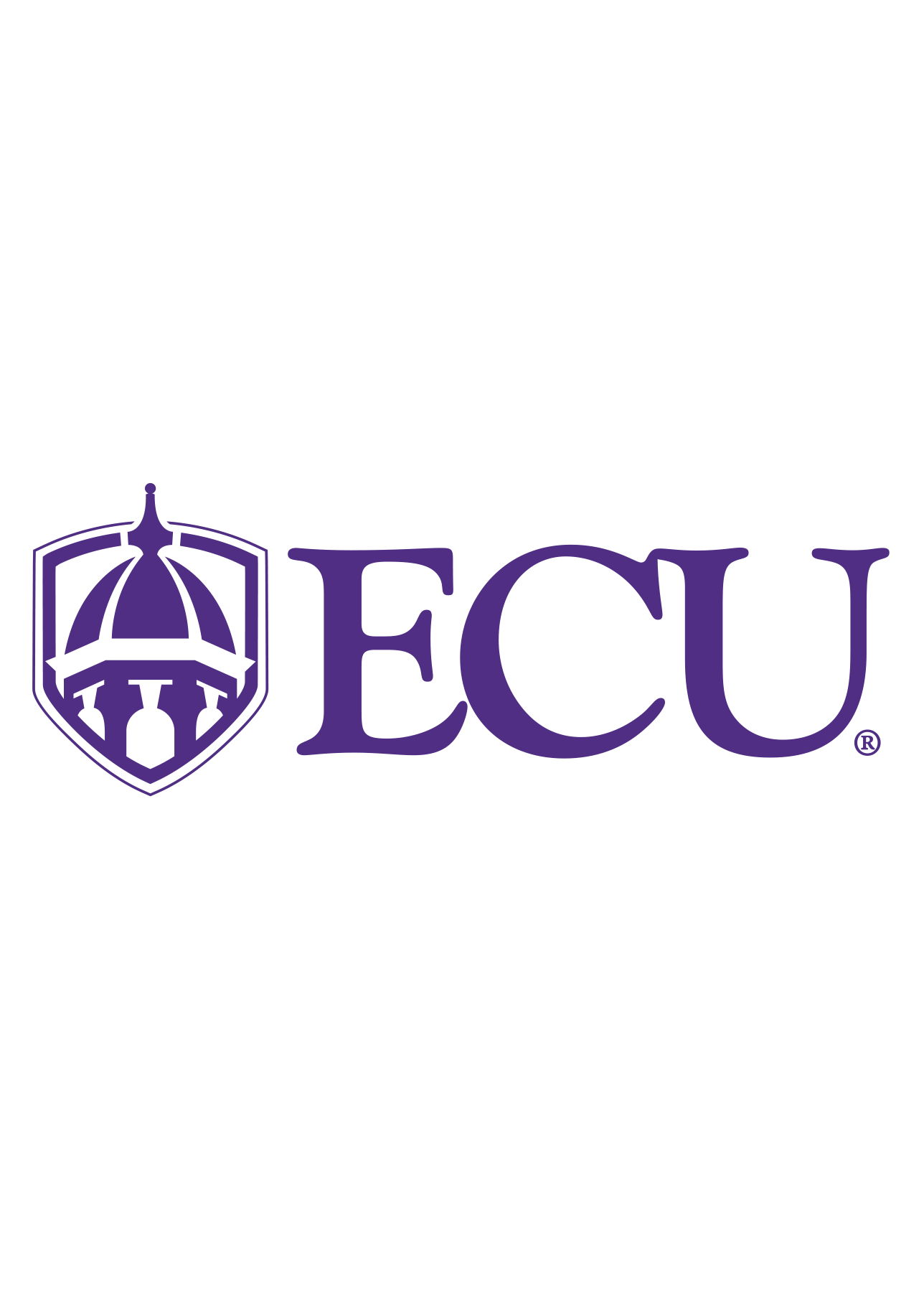
East Carolina University
Intelligent Score: 93.47In-state: $4,452
Out-of-state: $20,729
In-state: $4,749
Out-of-state: $4,749
SAT: 1020-1170
ACT: 19-24
In-State: $283
Out-of-State: $1,013
Online
Commission on Collegiate Nursing Education
42
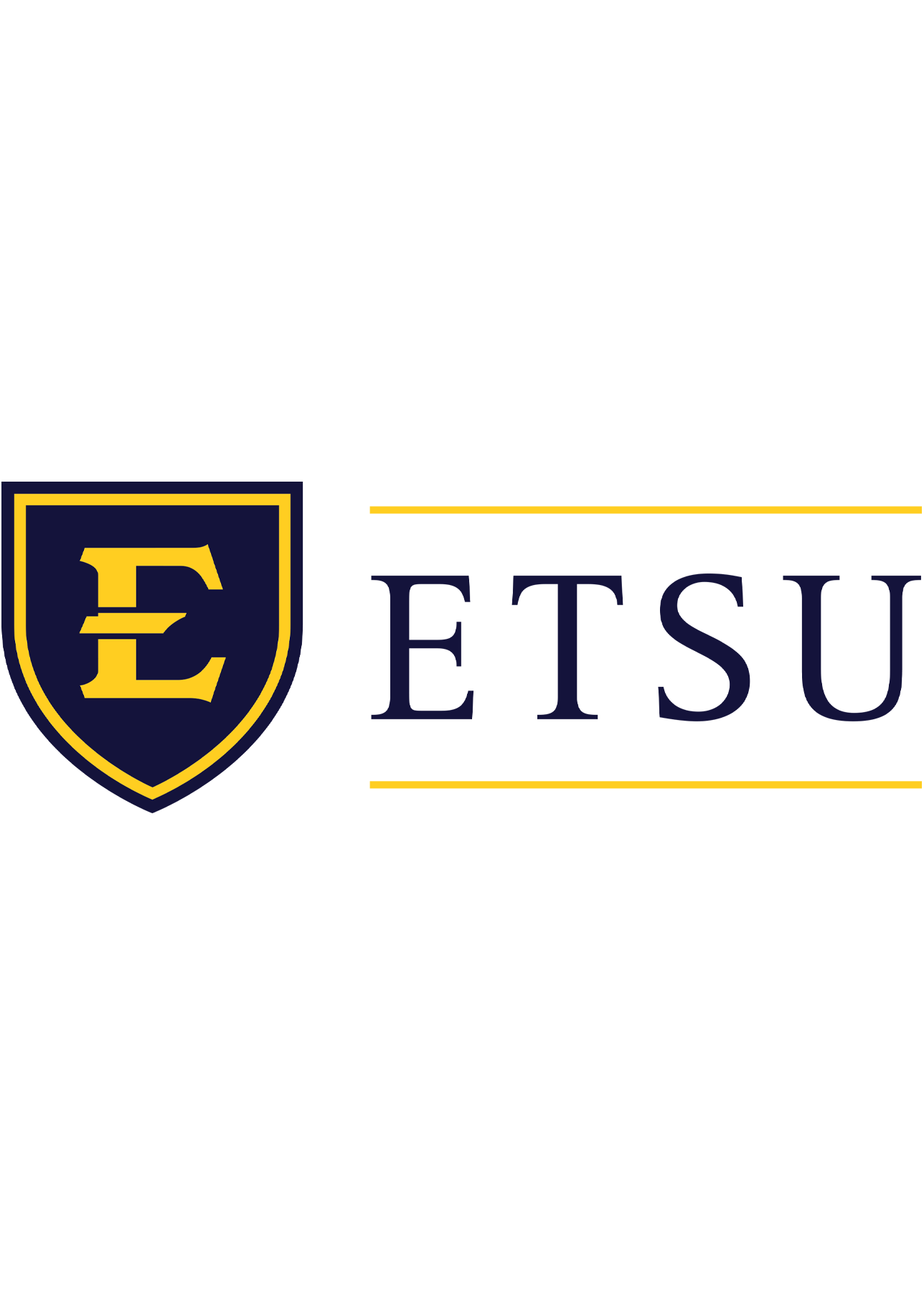
East Tennessee State University
Intelligent Score: 92.43In-state: $7,340
Out-of-state: $25,487
In-state: $8,640
Out-of-state: $8,640
SAT: 940-1170
ACT: 20-27
In-State: $646
Out-of-State: $806
Online
Commission on Collegiate Nursing Education
48-51

Ball State University
Intelligent Score: 92.43In-state: $9,482
Out-of-state: $26,470
In-state: $9,328
Out-of-state: $9,328
SAT: N/A
ACT: N/A
Resident: $464
Non-Resident: $696
Online
Commission on Collegiate Nursing Education
40-48
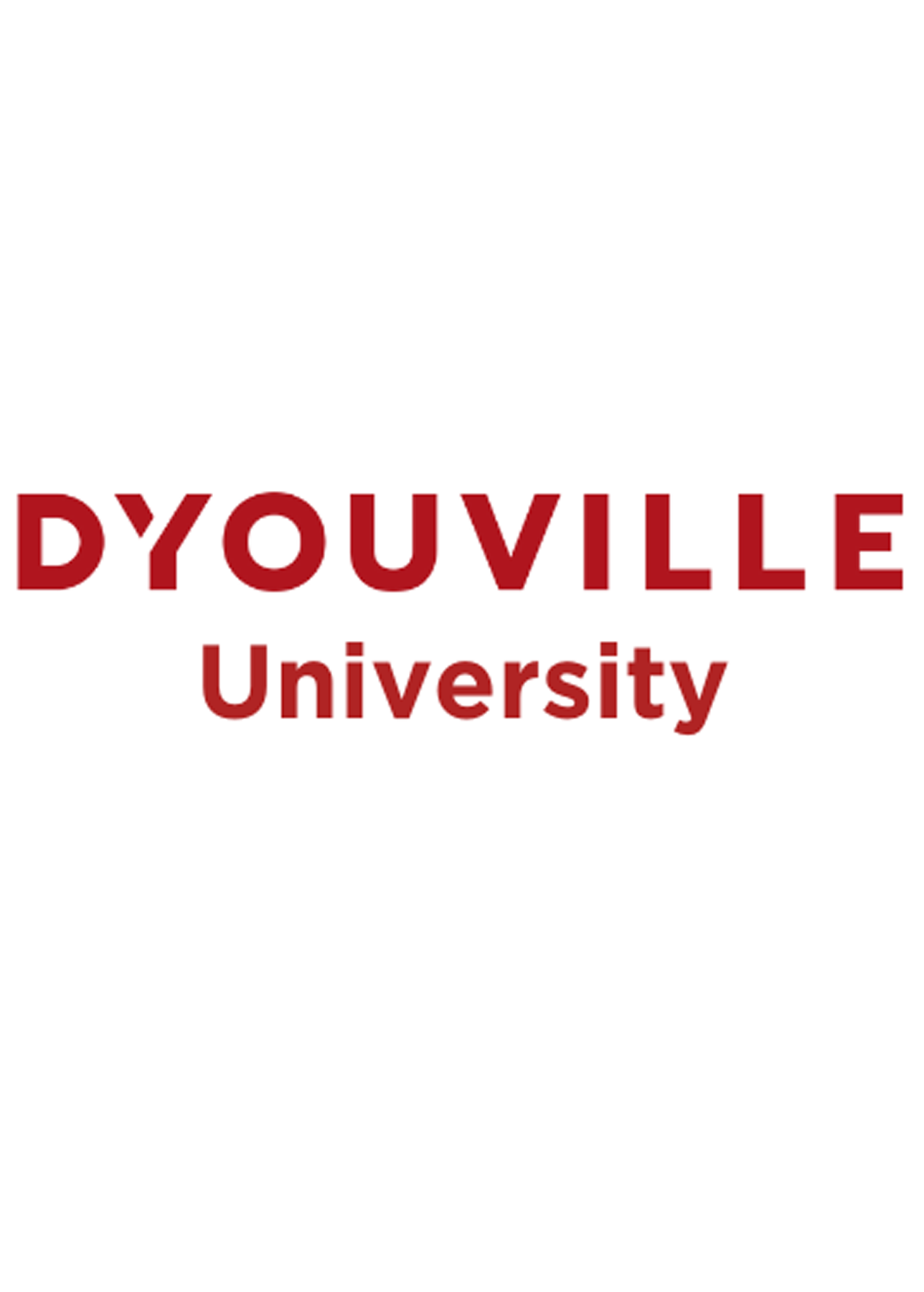
D'Youville University
Intelligent Score: 92.32In-state: $27,986
Out-of-state: $27,986
In-state: $18,522
Out-of-state: $18,522
SAT: 960-1150
ACT: 19-24
$1,110 - $1,220
Online, On-Campus
Commission on Collegiate Nursing Education
43-45

Angelo State University
Intelligent Score: 90.92In-state: $4,412
Out-of-state: $14,228
In-state: $4,119
Out-of-state: $4,119
SAT: 920-1120
ACT: 17-23
Resident: $232
Non-Resident: $642
Online
Commission on Collegiate Nursing Education
49
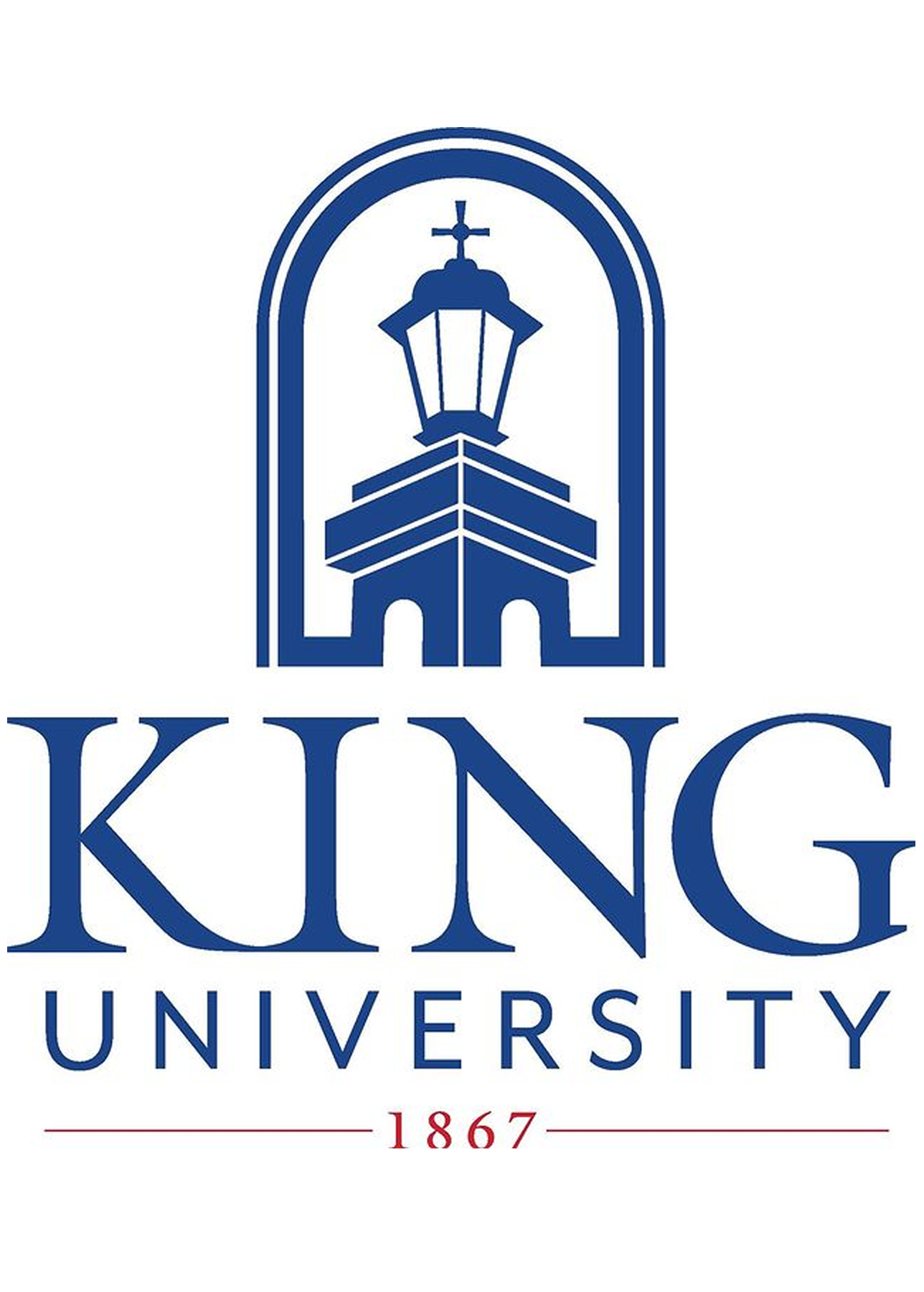
King University
Intelligent Score: 90.52In-state: $30,106
Out-of-state: $30,106
In-state: $19,500
Out-of-state: $19,500
SAT: 960-1150
ACT: 19-25
$605
Online
Commission on Collegiate Nursing Education
35-48

Georgia College & State University
Intelligent Score: 89.89In-state: $7,508
Out-of-state: $26,688
In-state: $5,292
Out-of-state: $5,292
SAT: 1100-1245
ACT: 23-27
$382
Online
Commission on Collegiate Nursing Education
39-40
How to Choose an Online MSN Nurse Practitioner Program
Choose your area of study
You will need to complete a Master of Science in nursing (MSN) degree program to become a nurse practitioner. These programs will allow you to select a concentration and focus your studies on a particular niche in this field, such as pediatrics, adult-gerontology, or mental health. Carefully consider your career goals when deciding on where you will go to school and which concentration you will select.
Research schools and programs
You should only consider institutions that have been approved by a DOE-recognized regional accrediting organization, such as the New England Commission of Higher Education or Northwest Commission on Colleges and Universities. These organizations evaluate schools to ensure they provide students with a high-quality education. Those who attend a school that isn’t regionally accredited may be unable to access financial aid or transfer credits to another institution if needed.
Look for MSN programs that have also been accredited by the Commission on Collegiate Nursing Education (CCNE) or the Accreditation Commission for Education in Nursing (ACEN). These programmatic accrediting organizations have particularly high standards for nursing education.
You should look into how programs manage their clinical placement requirements as well. To learn more about any schools that you’re interested in, you can visit the school’s website, contact an admissions counselor, follow the school on social media, or attend an in-person or virtual open house.
Prepare for tests and applications
Now that you have narrowed your options and know the schools you’d like to apply to, you should begin preparing for tests and applications. Standard application requirements include:
- Academic transcripts and a minimum GPA
- Current RN license
- Letters of recommendation
- Personal statement
- Resume or curriculum vitae
Additionally, some programs may require GRE scores and two to four years of documented healthcare experience. For schools that do require standardized test scores, consider enrolling in a test prep program to improve your performance.
The application process varies by school and program. Before submitting an application, always contact an admissions counselor to ensure you have the most accurate information regarding requirements and deadlines.
Select your program
If you submit multiple applications, getting numerous acceptance letters is possible. In this situation, you’ll have an important choice to make.
Before making your final decision, review your needs and goals again. Do you plan to attend school full-time or part-time? Do you want your program to be as online as possible, or are you fine with a hybrid program that has a fair amount of in-person requirements? Some programs offer asynchronous courses, which can be completed at your own pace, while others only offer synchronous courses, which involve remotely attending lectures and completing assignments at the same time as other students — which of these two online learning formats do you prefer? Your school should accommodate your scheduling needs and learning preferences.
Determine how you’ll pay for your degree
Financing your degree might seem daunting, but many financial aid resources are available to ease the burden. Prioritize seeking scholarships and grants, as they don’t require repayment. Federal loans are a viable next step, offering favorable terms compared to private loans. Submit the Free Application for Federal Student Aid (FAFSA) each academic year to determine your eligibility for federal assistance.
If you’re interested in part-time work, work-study programs provide valuable experience while contributing to education costs. Those currently employed should consider employer tuition reimbursement programs as they can significantly alleviate expenses.
Finally, be sure to speak to financial aid counselors at the schools you’re interested in for the most accurate and specific information about program cost.
What Can You Expect From an Online MSN Nurse Practitioner Program?
An online MSN program offers students the opportunity to acquire advanced clinical skills, significant knowledge of healthcare systems, and specialized expertise in their chosen specialty. While most coursework is delivered online, these programs integrate in-person clinical requirements to ensure hands-on experience in patient care settings. Clinical hours and locations vary based on program-specific guidelines and state regulations. Incorporating practical training prepares nurse practitioners to effectively diagnose, treat, and communicate with patients.
Typically designed for full-time students, the duration of these programs varies but usually spans two to three years, providing a balanced and thorough education for skilled and compassionate future healthcare providers.
Potential courses you’ll take in an online MSN nurse practitioner program
- Primary Care Management of Adults and Older Adults: This clinical-focused course emphasizes assessing, diagnosing, and managing common health issues in adult and older adult populations. Students develop competence in conducting comprehensive health assessments, formulating differential diagnoses, and creating evidence-based treatment plans.
- Advanced Pharmacology: This course delves into the principles of pharmacodynamics and pharmacokinetics, equipping students with the knowledge to prescribe and manage medications effectively. Topics include drug interactions, adverse effects, and patient education, fostering expertise in medication management for diverse patient populations.
- Pathophysiology for Advanced Nursing Practice: Students explore the altered physiological processes underlying diseases, improving their understanding of health deviations. This course focuses on critical thinking in linking pathophysiological changes to clinical manifestations in order to make informed diagnostic and treatment decisions.
- Advanced Health Assessment: This course teaches physical examination techniques and history-taking. Students learn to perform thorough assessments, interpret findings, and communicate effectively with patients, laying the foundation for accurate diagnosis and patient-centered care in advanced nursing practice.
What Can You Do With an Online MSN Nurse Practitioner Degree?
Career outlook
Individuals with a nurse practitioner degree have diverse and rewarding career paths in healthcare. Nurse practitioners work in various industries, reflecting the versatility of their skills and the increasing demand for advanced nursing professionals in many different settings. Some settings where nurse practitioners commonly work include specialty practices, military facilities, correctional facilities, and urgent care centers.
Nurse practitioners may undertake various healthcare roles depending on their area of specialization. Some of these career options include:
- Advanced practice registered nurse — In addition to standard nursing duties, APRNs also handle more complex tasks such as prescribing medication and ordering tests. There are three APRN roles available: nurse practitioner, nurse anesthetist, and nurse midwife.
- Median annual salary: $129,480
- Projected employment growth (through 2032): 38%
- New job openings projected: 29,200 annually
- Health services manager — Manage a healthcare practice or department and supervise medical staff.
- Median annual salary: $110,680
- Projected employment growth (through 2032): 28%
- New job openings projected: 54,700 annually
- Health education specialist — Some health education specialists work in clinical settings to help patients understand their conditions and treatments, while others develop materials and campaigns to promote public health.
- Median annual salary: $62,860
- Projected employment growth (through 2032): 7%
- New job openings projected: 6,600 annually
Online MSN Nurse Practitioner Degree Frequently Asked Questions
How do I apply to an online MSN nurse practitioner degree program?
To apply to these programs, start by researching program specifics and ensuring you meet admission requirements, typically including a BSN, RN license, and relevant work experience.
Next, prepare documents like transcripts, letters of recommendation, and a personal statement. Double-check deadlines, and submit your applications early.
Don’t hesitate to contact an admissions counselor for further assistance on the application process. They can provide valuable insights into the program and clarify any doubts.
How much does an online MSN nurse practitioner degree cost?
The average annual tuition for graduate school is $28,017 at private colleges and $12,596 at public universities. Costs can differ based on the program and may include:
- Books and materials
- Technology requirements
- Virtual learning tools
- Clinical placement costs
How long does it take to earn an online MSN nurse practitioner degree?
Earning an online MSN nurse practitioner degree typically takes two to three years, but program lengths can vary. The flexibility of online learning often allows for extended completion times, catering to individual schedules. Part-time students usually take longer to finish, which can benefit those balancing their studies with other commitments. Additionally, the total number of required credits and clinical hours significantly influence the overall program duration. Generally speaking, the more credits and hours required, the longer it will take to graduate.
Is an online MSN nurse practitioner degree program worth it?
Pursuing an online MSN nurse practitioner degree can be worth the investment for dedicated professionals interested in advancing their careers. The comprehensive curriculum covers advanced nursing topics, clinical skills, and specialized knowledge needed for nurse practitioner roles.
Multiple factors, including an aging population and the increasingly technical needs of the medical field, make an investment in an MSN nurse practitioner program a wise choice. The need for trained nurse practitioners is expected to increase significantly over the next decade. Nurse practitioners are also likely to find positions with generous salaries.
Online learning allows for a diverse range of clinical experiences, ensuring a well-rounded education. The online format provides a higher level of flexibility than on-campus programs, allowing students to maintain their personal and professional commitments while attending school. Graduates are prepared to provide holistic, patient-centered care, address community health needs, and contribute to primary care.
